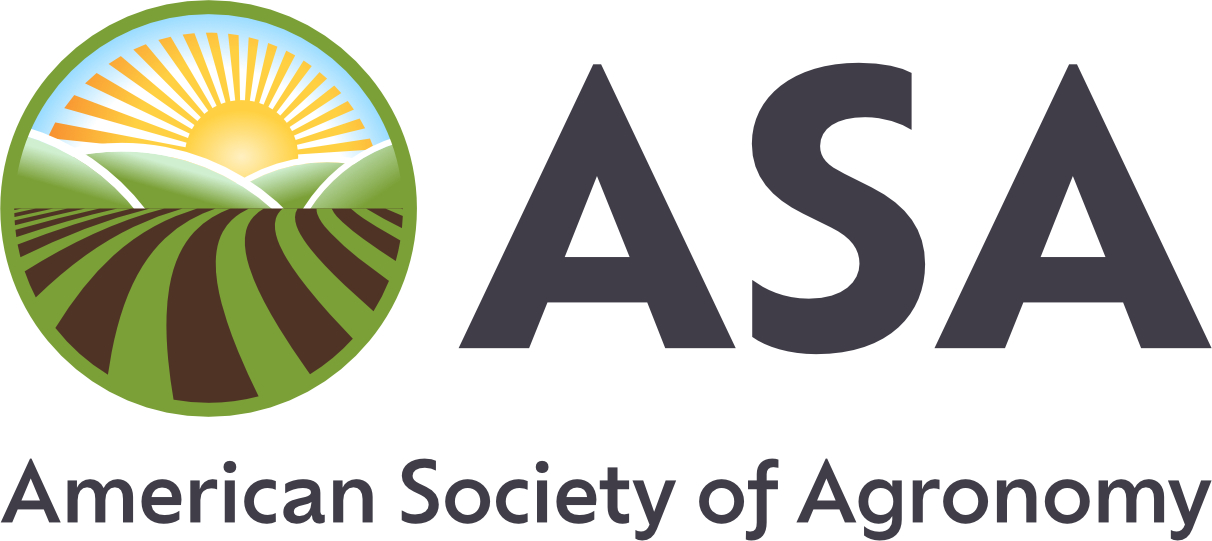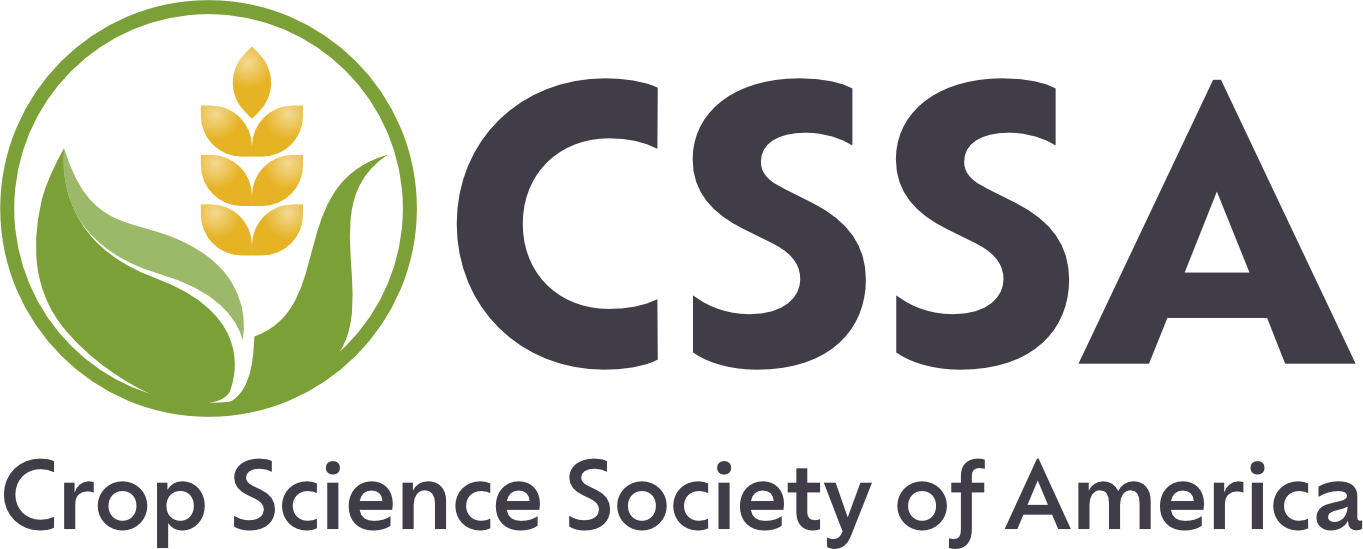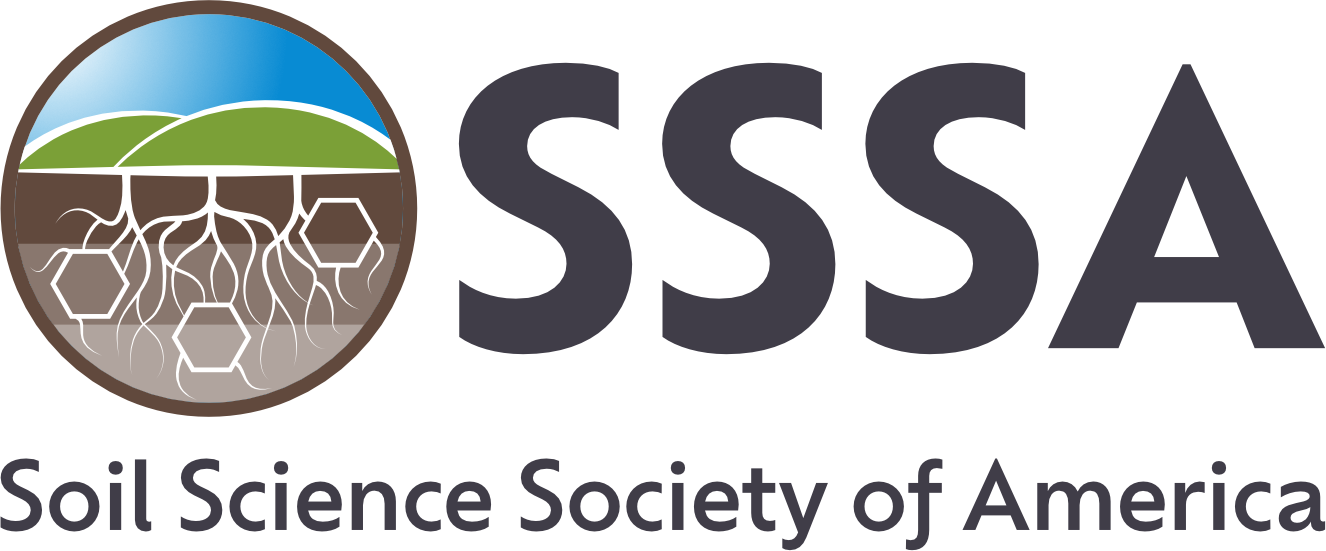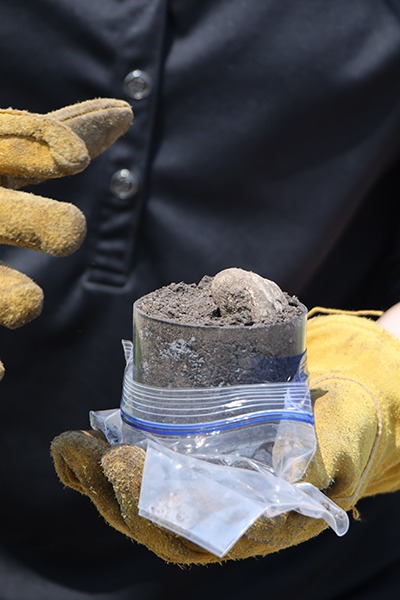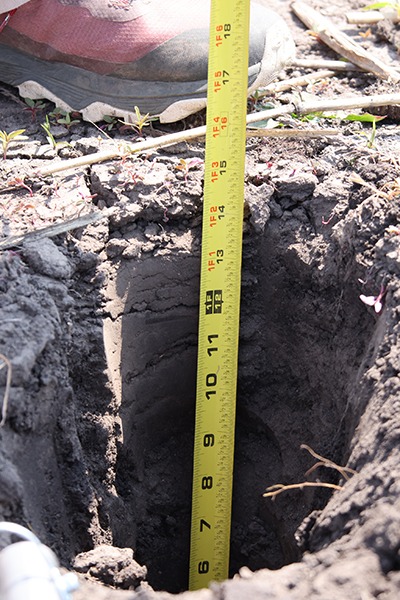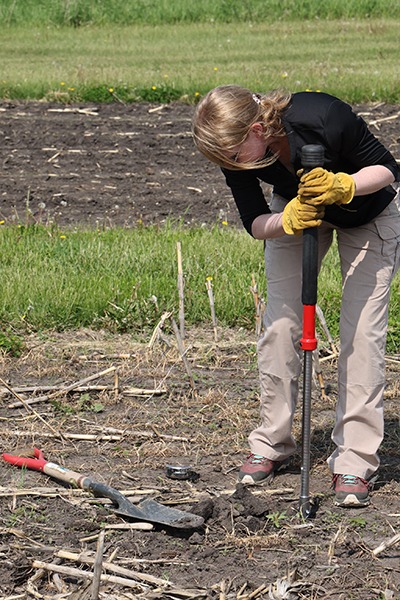Virtual Fence for Cattle Herd Management: Learning Curves & Opportunities
Virtual fence is a new technology with lots of potential. Using GPS collars on cattle and small towers to amplify a signal, virtual fence offers producers opportunities to keep cattle in one place without the expense or labor of building or repairing hard fence. Sounds great, right?
Listen in as Anna Shadbolt and Andy Lawrence talk us through how their summer of virtual fence experimentation has gone so far. Anna, a research associate from Colorado State University AgNext, is working with Andy, a fourth-generation cattle producer in Colorado, to test virtual fence with Andy’s herd. They talk through the training process, the things they like about virtual fence so far, and the learning curves they’ve overcome during the summer of 2023.
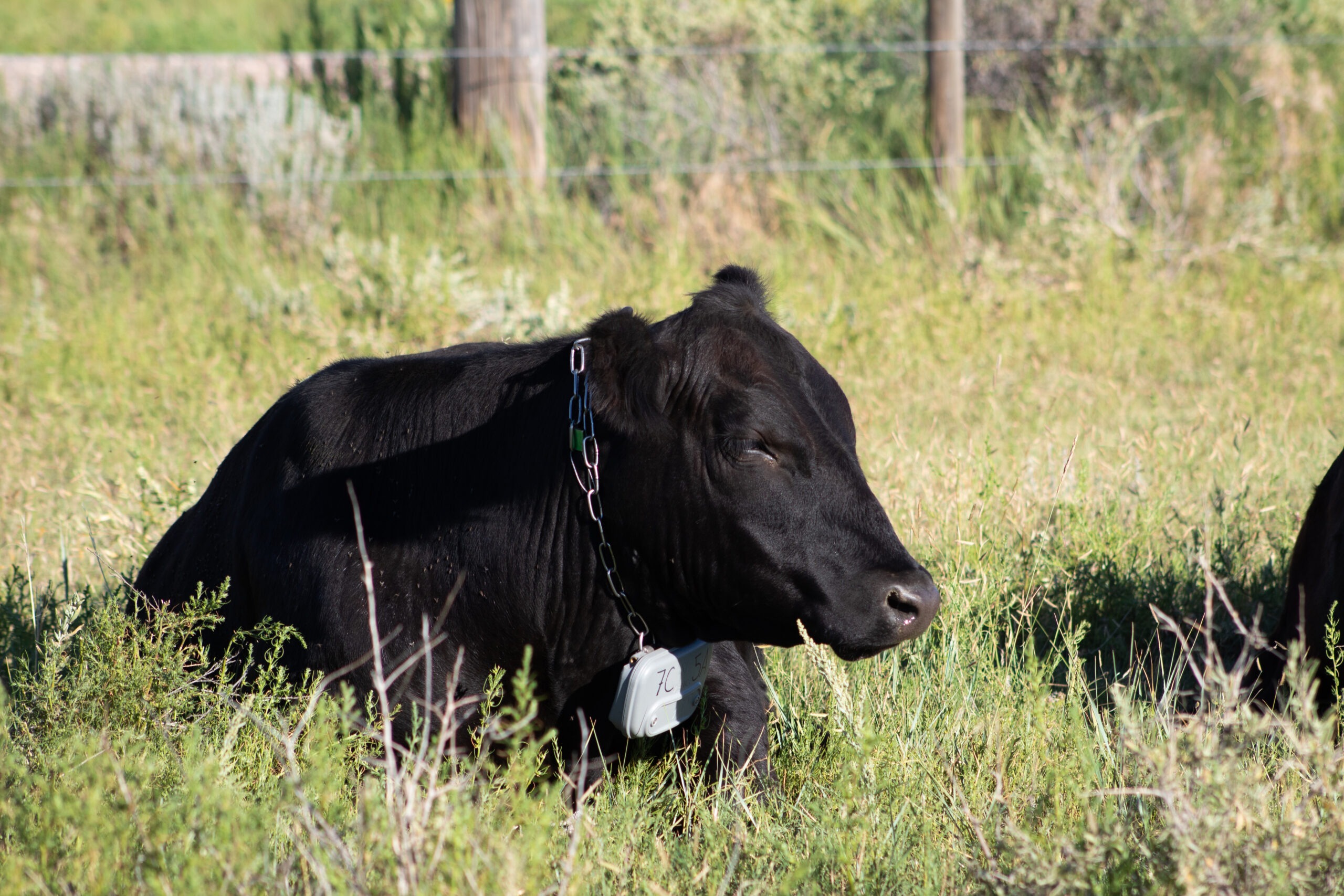
A cow wearing a virtual fence GPS collar rests in a field in Colorado. Photo by Sydney Gradisar-Jansen, Colorado State University AgNext.
Here, you can see screenshots from the software Anna and Andy use to manage their virtual fence operation. The company they use, Vence, relies on this software to move boundaries and track cattle locations. The yellow areas show the boundaries in which the sound and stimulus is distributed. The red areas are areas that are in the exclusion zone that the Vence system keeps animals in the boundary zone. Cattle will only receive a small sensation or sound in yellow zones after a sound warning. Generally, cattle are deterred from leaving the boundaries by noise alone.
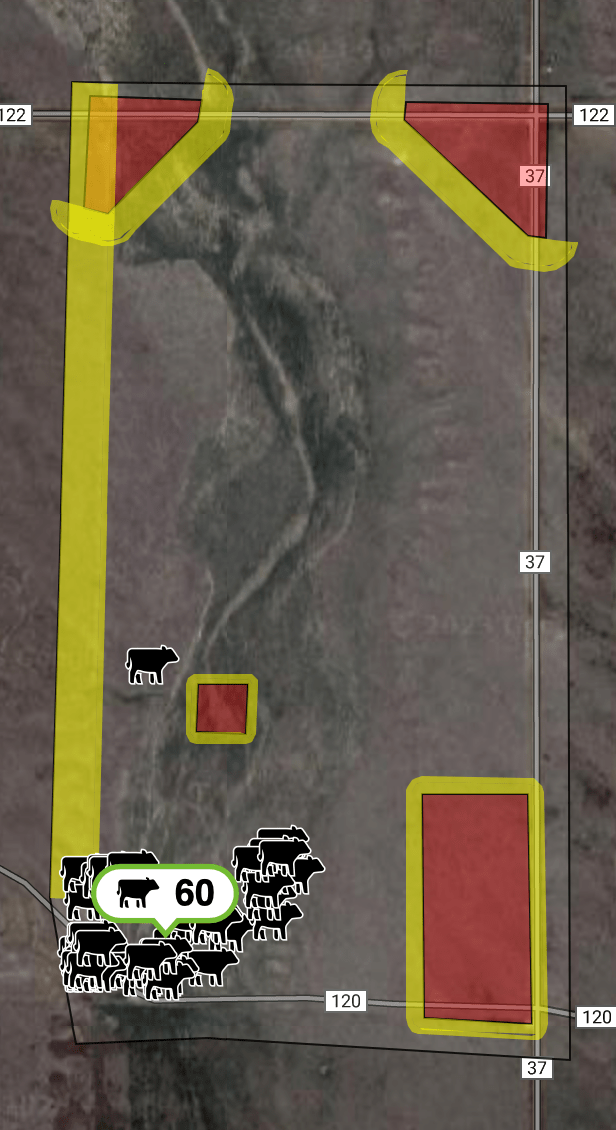
A screenshot of the software used to manage the Vence virtual fence. The smaller boxes and corners in the pasture can help prevent cattle from entering or grazing sensitive areas, like those that have received a lot of grazing traffic or riparian areas. Image courtesy of Anna Shadbolt.
Dig deeper with these resources about virtual fence:
- “Virtual Fence: A Climate Adaptation Strategy” by the United States Department of Agriculture. This resource also includes potential funding opportunities to implement virtual fence.
- “Virtual Fencing: Emerging Companies, Functionality, and Benefits” by Krista Ehlert, South Dakota State University Extension.
- “Technical Note: Where are my cattle at? — Part II: Virtual Fencing” by Yijie Xiong and Mitch Stephenson, University of Nebraska-Lincoln Extension.
Rather read the transcript? Hit that orange button above.
We want to hear from you! Drop us a line with your questions, comments, or feedback at info@decode6.org.

